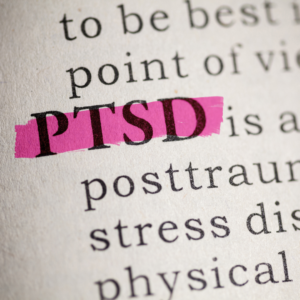Vancouver Trauma Counselling
Overcoming Past Hurts
Traumatic experiences can cast a long shadow over our lives, leaving us feeling trapped in the past. If you’re grappling with the aftermath of trauma or grappling with symptoms of PTSD, know that you’re not alone. Our Vancouver-based trauma counselling offers a lifeline for those seeking to untangle the knots of their past and step into a brighter future.
Understanding Trauma and PTSD
Trauma strikes at the very core of our being, shattering our sense of safety and security. From natural disasters to personal assaults, the impact of trauma can reverberate for years, affecting our thoughts, emotions, and relationships. PTSD, a specific response to trauma, can hijack our minds with intrusive memories, nightmares, and hypervigilance, making everyday life a battleground.
Healing from trauma is a journey of self-discovery and empowerment. Our therapists are here to walk alongside you as you navigate the twists and turns of this path, offering guidance, support, and encouragement every step of the way. Together, we’ll unlock the inner resilience that lies within you and forge a path towards healing and wholeness.
About Trauma & PTSD
Symptoms and Manifestations: PTSD symptoms can manifest in various ways, including flashbacks, intrusive memories, nightmares, and intense emotional reactions. Individuals may also experience hypervigilance, avoidance of triggers associated with the trauma, and negative changes in mood and cognition.
Prevalence and Impact: PTSD is more common than often realized, affecting individuals from all walks of life. It can have a profound impact on daily functioning, relationships, work, and overall quality of life. Understanding the prevalence and impact of PTSD can help individuals feel validated in seeking support and treatment.
Risk Factors: While anyone can develop PTSD after experiencing a traumatic event, certain factors may increase the likelihood of its development. These risk factors include the severity and duration of the trauma, a history of previous trauma or mental health issues, lack of social support, and biological factors such as genetics and neurobiology.
Co-Occurring Conditions: PTSD often co-occurs with other mental health conditions, such as depression, anxiety disorders, substance abuse, and sleep disturbances. Addressing these co-occurring conditions alongside PTSD is essential for comprehensive treatment and recovery.
Treatment Options: Effective treatments for PTSD are available and can significantly improve symptoms and quality of life. In addition to trauma-focused therapies like cognitive-behavioural therapy (CBT) and eye movement desensitization and reprocessing (EMDR), medication, mindfulness-based practices, and support groups may also be beneficial.
Trauma-Informed Care: It’s crucial for individuals with PTSD to receive care from providers who understand the complexities of trauma and its effects. Trauma-informed care emphasizes safety, trustworthiness, empowerment, collaboration, and cultural sensitivity in all aspects of treatment.
Long-Term Outlook: With appropriate treatment and support, many individuals with PTSD can experience significant improvement in symptoms and lead fulfilling lives. While the road to recovery may be challenging, it’s essential to remember that healing is possible and that you are not defined by your trauma.


we strive to create a safe, welcoming and inclusive environment for all

